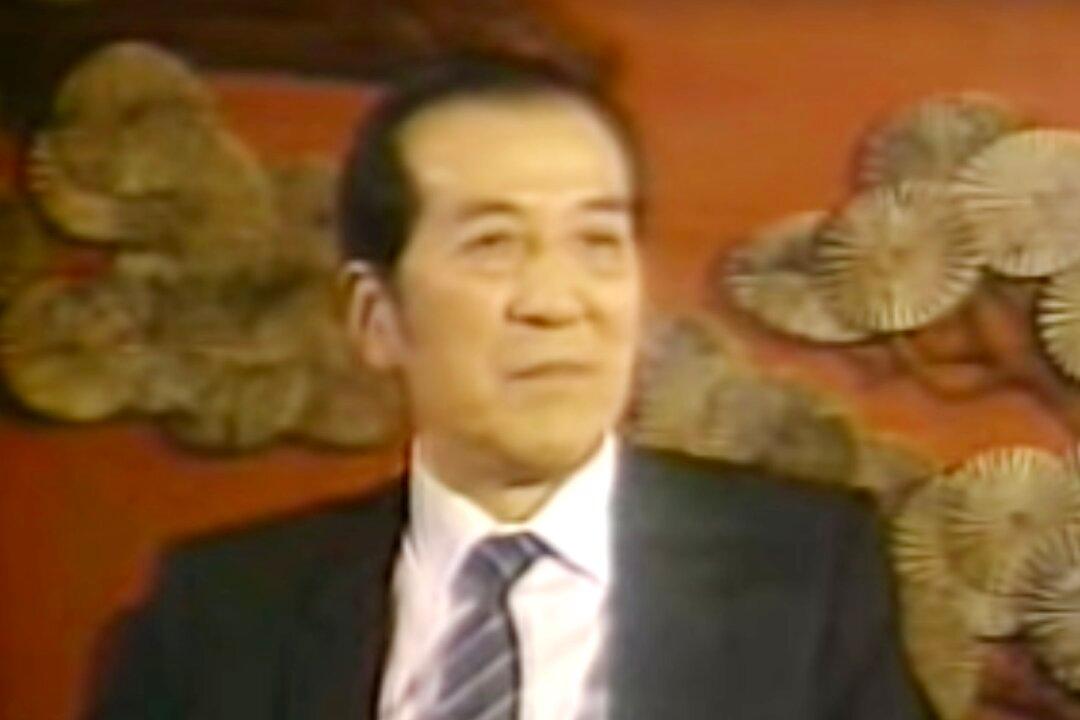Yuan Mu, the Chinese regime spokesman who claimed that “not a single person died at Tiananmen Square,” following the 1989 student protests that ended in a bloody crackdown in June of that year, died Dec. 13. He was 90.
According to state media, Yuan’s funeral was held at Babaoshan, a cemetery for senior Chinese Communist Party (CCP) officials, on Dec. 23. While several current and retired Party leaders sent wreaths to commemorate his passing, notably absent among them was Chinese leader Xi Jinping.





